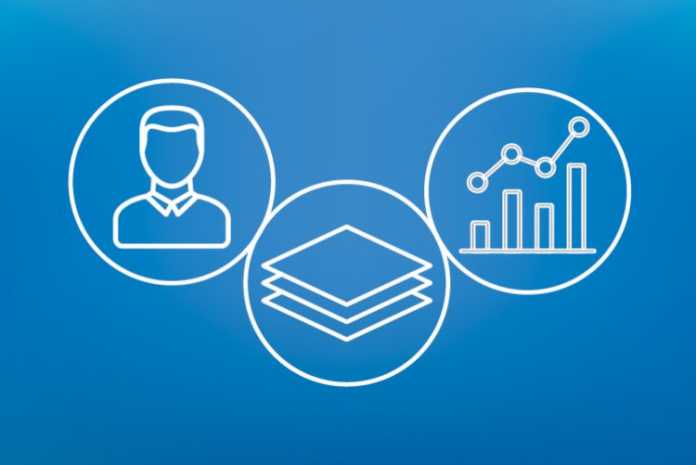Liquidware, a leader in digital workspace management, and IGEL, provider of IGEL OS, the endpoint operating system designed for VDI and DaaS, announced results of a study authored by independent analysts Freeform Dynamics that shows how the rapid migration to work-from-home (WFH) during the COVID-19 pandemic made it harder, more complex and costly to deliver, support and secure digital workspaces, while at the same time creating new opportunities to turn disruption into transformation.
The report, “Modernizing the Digital Workplace” looks at what organizations are doing to prepare for the future of work with new desktop delivery models and a set of platform and management solutions designed to accommodate change quickly and efficiently.
Key findings from the study confirm that the short-term success of the switch to WFH came with longer-term costs – technical and governance ‘debts’ that must be ‘repaid.’ Yet, IT departments that choose to adopt modern desktop delivery models and platforms are more likely to see better outcomes in areas such as user satisfaction, cost of ownership, manageability, and security.
According to the report, the pandemic created a swirl of activity for enabling WFH that was influenced by these factors:
- The need to act quickly to keep the business running – 80 percent
- Pressure to keep additional costs and overheads to a minimum – 73 percent
- Supplier shortages of equipment limiting options – 72 percent
- Need to minimize end-user training requirements – 72 percent
- Keep things as simple and supportable as possible – 70 percent
- Short-term pragmatics trumping long-term strategy – 68 percent
Additionally, the report explores different ways organizations delivered digital workspaces to users and what stands in the way of progress, including technical debt, employee resistance to change and senior managers’ priorities lying elsewhere.
The vast majority of respondents (>65 percent) are either considering or are implementing these tactics to move their end-user computing environment forward:
- Reduce dependency on ‘fat-client’ computing model
- Automate more of their delivery, monitoring and management activities
- Adopt platforms designed to support modern desktop/application delivery.









